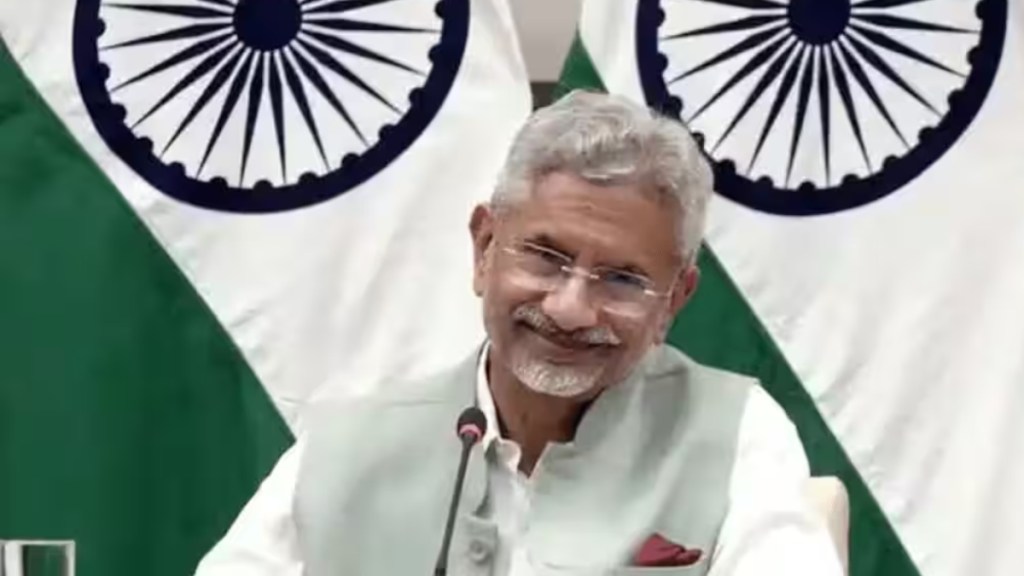As India aims to bolster political, economic, and security cooperation with the ASEAN bloc, External Affairs Minister S. Jaishankar underscored the significance of ASEAN in India’s Act East Policy and its Indo-Pacific vision. During his visit to the Laotian capital, Vientiane, Jaishankar participated in the Association of Southeast Asian Nations (ASEAN) meetings, highlighting the strategic importance of this regional partnership.
At the ASEAN-India Foreign Ministers Meeting, Jaishankar emphasized that ASEAN remains a cornerstone of India’s foreign policy. “For India, ASEAN is the cornerstone of its Act East Policy and its Indo-Pacific vision that was thereafter built on it,” he stated. He further noted that political, economic, and security cooperation with ASEAN is of utmost priority, alongside the expansion of people-to-people linkages.
The India-ASEAN partnership continues to grow in complexity and scope, reflecting the dynamic nature of this relationship. Jaishankar highlighted these developments on social media, thanking Singaporean Foreign Minister Vivian Balakrishnan for co-chairing the meeting and welcoming the Philippines as the incoming country coordinator. Key areas of cooperation identified include digital, defence, maritime security, connectivity, health, traditional medicine, and cultural heritage preservation.
Jaishankar also addressed regional issues such as the situation in Myanmar, the importance of keeping Sea Lines of Communication open and free, the Quad’s perspective on ASEAN and the ASEAN Outlook on Indo-Pacific (AOIP), and the conflict in Gaza. His remarks underscored India’s commitment to a free, open, inclusive, peaceful, and prosperous Indo-Pacific region, founded on a rules-based international order.
The visit holds particular significance as it marks a decade since Prime Minister Narendra Modi announced the Act East Policy at the 9th East Asia Summit in 2014. Reflecting on this milestone, Jaishankar stated, “As we celebrate a decade of the Act East Policy, India values the progress achieved in implementing our comprehensive strategic partnership and the increasing synergy in our outlook for the region.”
During his visit, Jaishankar also engaged in bilateral discussions with his counterparts from New Zealand and Brunei, focusing on areas such as education, agricultural technology, and diplomatic relations. He met New Zealand’s Foreign Minister Winston Peters and Brunei’s Foreign Minister Dato Haji Erywan, where they launched a logo celebrating 40 years of diplomatic relations. Additionally, Jaishankar held meetings with Laotian officials, including the Minister of Home Affairs, Minister of Industry and Commerce, Chairman of the Foreign Affairs Committee, and a Special Envoy.
Bottomline
Jaishankar’s visit reinforces India’s strategic engagement with ASEAN, underscoring its role as a vital partner in the region. The continued collaboration across various sectors and the shared vision for the Indo-Pacific region highlight the deepening ties and mutual interests between India and ASEAN.


